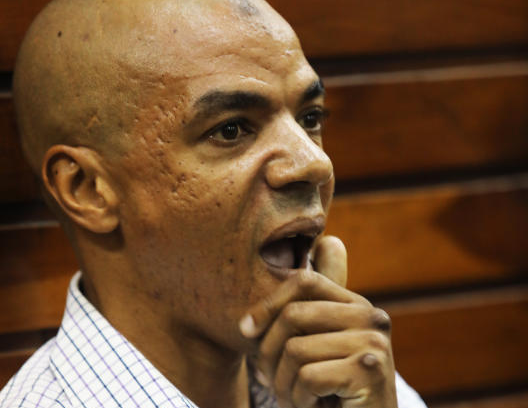×
The Standard e-Paper
Kenya’s Boldest Voice

When Jermaine Grant was arrested at Mtopanga Kisauni in Mombasa eight years ago, the anti-terrorist police had very little information on how dangerous the Briton was.
Martin Otieno, Head of Anti-Terrorist Police Unit in Mombasa says before Grant was arrested, they were looking for Fuad Abubakar and Farida Islam, not him. They too could not associate him with British woman Samantha Lewthwaite, also known as the White Widow and one of the world’s most wanted terrorism suspects.